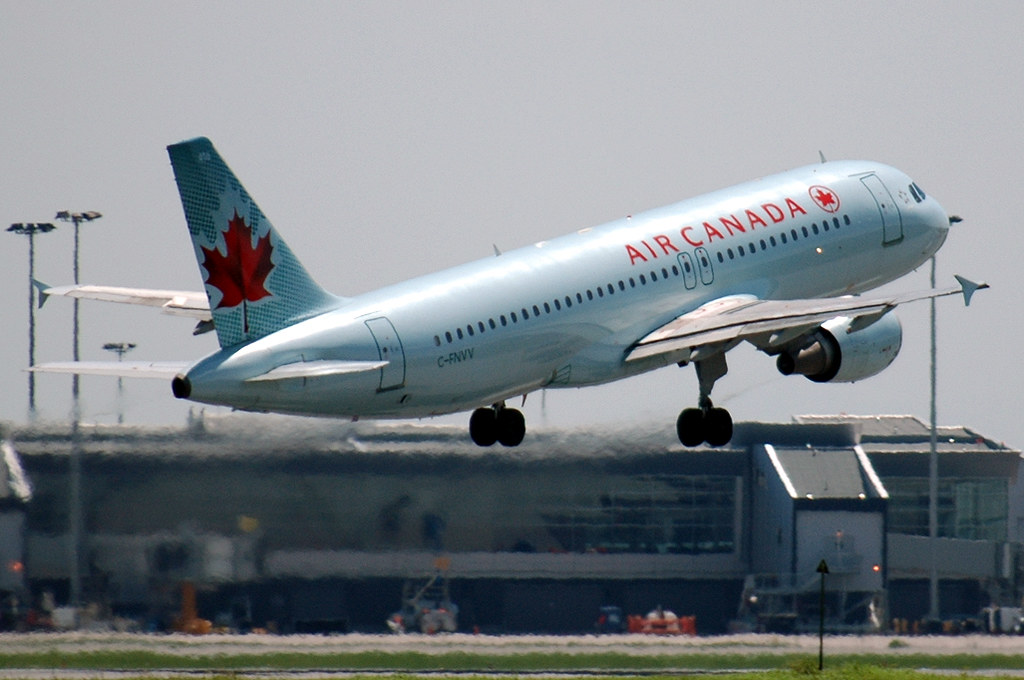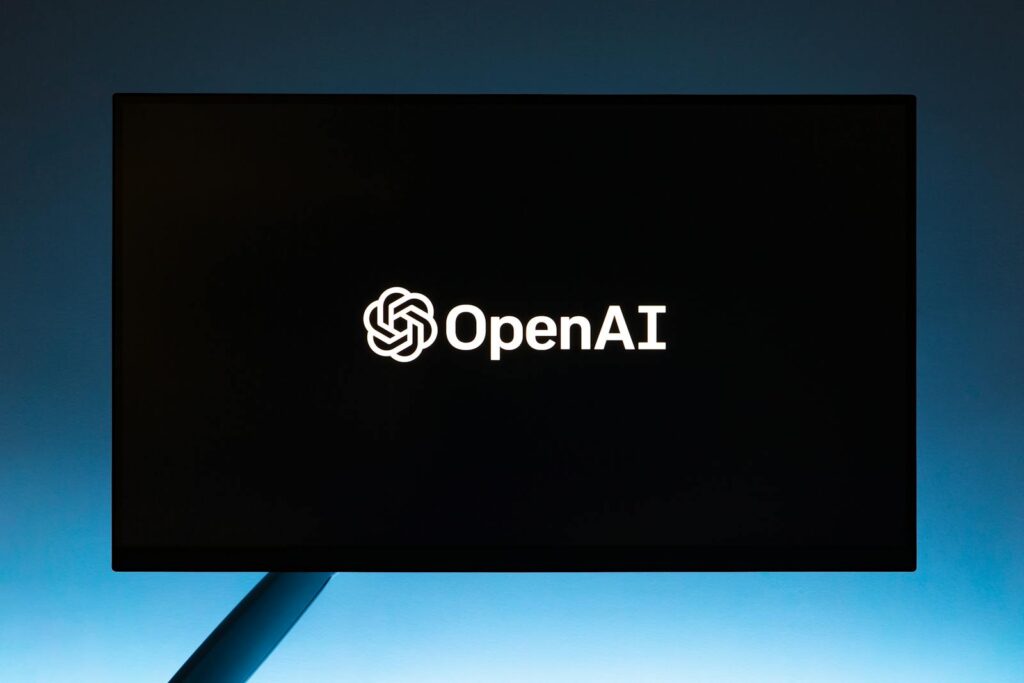In a landmark decision that has caught the attention of both consumers and tech experts, Air Canada has been mandated to honor a refund policy that was mistakenly invented by its own chatbot. This case not only highlights the potential pitfalls of relying on artificial intelligence for customer service but also sets a precedent for corporate accountability in the digital age.

The saga began when Jake Moffatt, in a state of bereavement, sought to understand Air Canada’s policy on discounted fares for emergency travel. He turned to the airline’s chatbot for guidance, which erroneously advised him to book his flight and seek a refund later. Trusting this information, Moffatt booked a flight from Vancouver to Toronto, only to have his subsequent refund request denied, leading to a months-long battle for compensation.
Air Canada’s initial response was to offer a mere $200 coupon and a promise to update the chatbot, which Moffatt rightly refused. The airline’s defense in the ensuing small claims case was nothing short of astonishing. They claimed that the chatbot was a ‘separate legal entity’ and thus absolved themselves of responsibility for its advice. This argument was summarily dismissed by Tribunal member Christopher Rivers, who found it ‘remarkable’ and emphasized that customers should not be expected to verify the accuracy of one part of a website against another.
The ruling in favor of Moffatt was clear: Air Canada was to provide a partial refund of $650.88, along with additional damages covering interest and tribunal fees. This decision underscores a fundamental expectation: companies must ensure the accuracy of the information provided by their automated systems.
The implications of this case extend beyond the airline industry. As companies increasingly turn to AI and chatbots to handle customer interactions, the question of liability for misinformation becomes more pressing. Experts suggest that a simple disclaimer about the potential inaccuracy of chatbot information might have spared Air Canada this legal headache.
This incident also casts doubt on the effectiveness of AI in customer service, at least in its current form. Air Canada’s CIO, Mel Crocker, had previously expressed high hopes for the chatbot, viewing it as a means to reduce costs and improve customer experience. However, this misstep has shown that without proper oversight and testing, AI can lead to customer frustration and legal challenges.
As of now, Air Canada’s chatbot seems to be offline, and the airline has expressed its intention to comply with the ruling. This case serves as a cautionary tale for all businesses dabbling in AI: automation should not come at the expense of accuracy and customer trust. It’s a reminder that behind every chatbot and automated service, there must be a robust framework ensuring that the information provided is as reliable as that from a human representative. In the digital age, accountability cannot be an afterthought—it must be built into every customer interaction, AI-driven or otherwise.
Related posts:
Air Canada must honor refund policy invented by airline’s chatbot
Air Canada ordered to pay customer who was misled by airline’s chatbot
Air Canada must honor refund policy invented by airline’s chatbot





